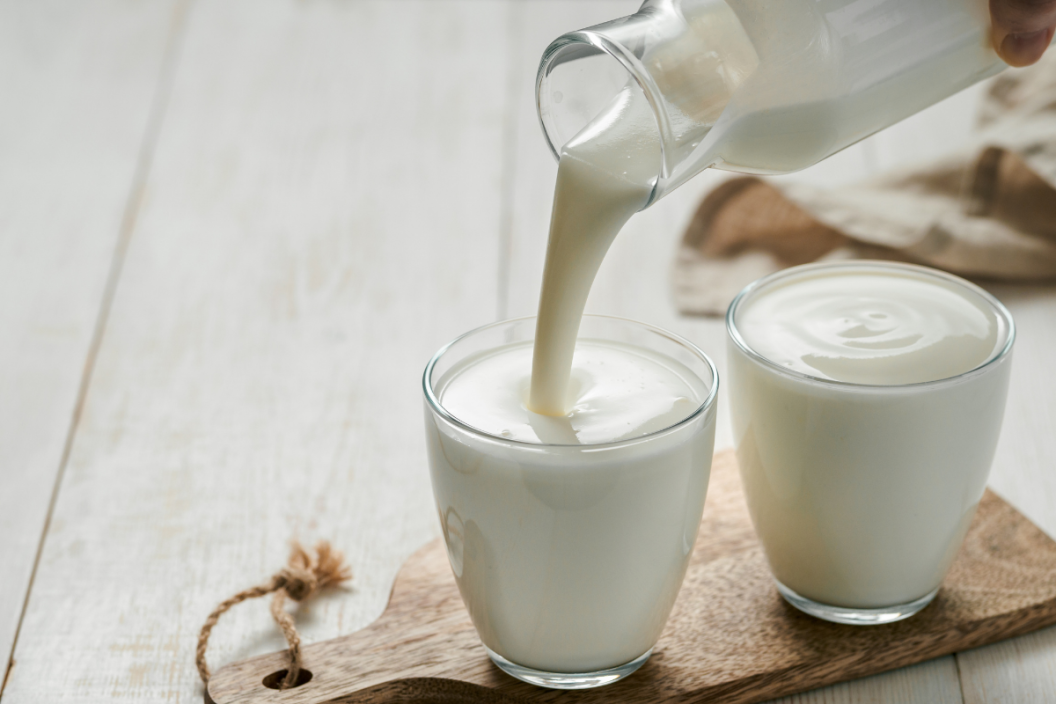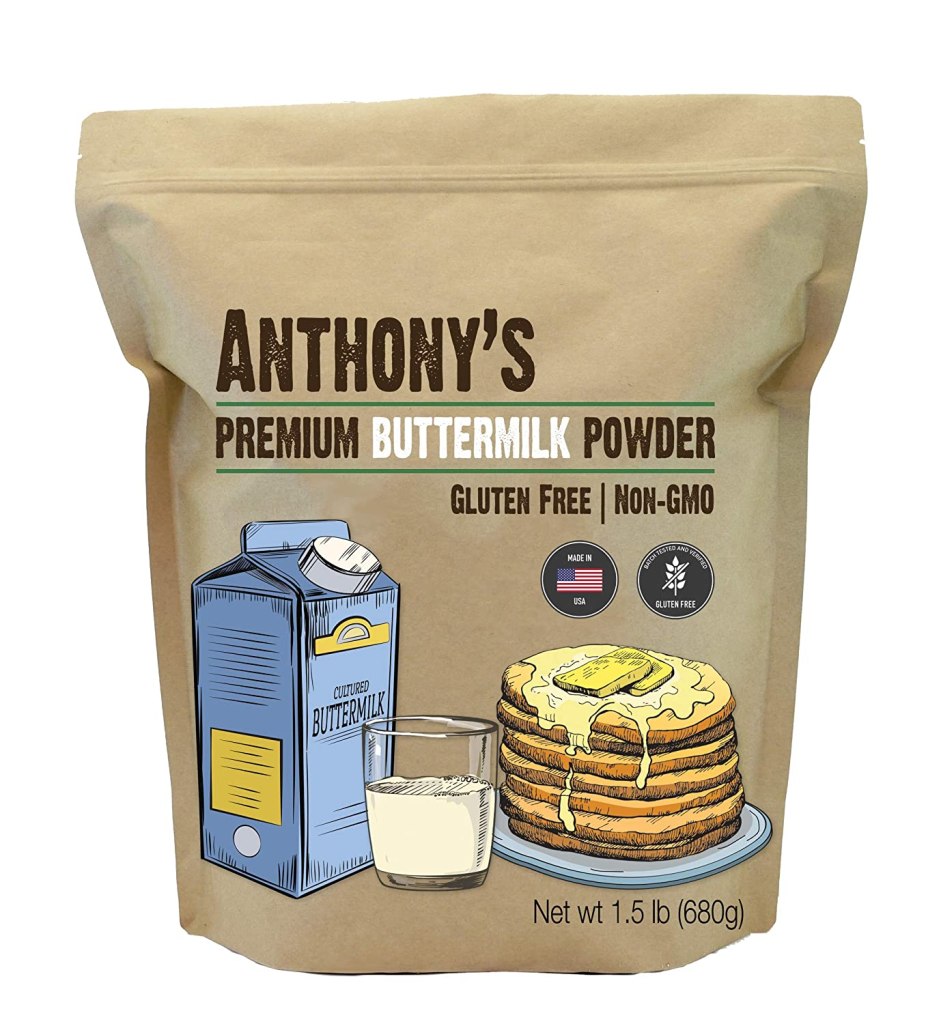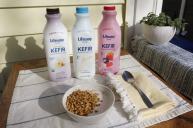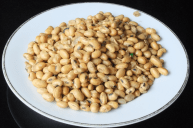Buttermilk is the liquid leftover after whole milk has been churned into butter. Now it's true that most of us don't make our own butter, and so we don't make our own buttermilk. That's okay since you can buy buttermilk at pretty much any grocery store. Commercially-made buttermilk adds lactic-acid-producing bacteria cultures to create the sour taste of traditional buttermilk. That lactic acid is what gives buttermilk its health benefits.
Videos by Wide Open Country
Many people aren't regular buttermilk drinkers because of its taste. But if you like yogurt, you should give buttermilk a try. You don't have to only drink it by the glass - buttermilk is a great addition to salad dressings, smoothies, and in creamy soups. And if you don't want to keep a carton of buttermilk on hand, you can keep buttermilk powder for buttermilk any time you want it. Even if you're not a regular milk drinker, buttermilk has a lot to recommend it. It's packed with good stuff, but without the calories and fat of whole milk.
Here are five health benefits of buttermilk.
Help your digestive system
Buttermilk has more lactic acid than regular milk, so it's easier to digest, especially for people who are lactose intolerant. Regular consumption of buttermilk helps with indigestion and acid reflux, too. Since buttermilk is a cultured dairy product, it can help with your gut health as well. Good gut health means better overall health and a stronger immune system.
Check to make sure that your buttermilk contains live cultures, which are a source of probiotics (the good bacteria in your system).
May help lower cholesterol levels
The National Institutes of Health conducted a small study that found adults who consumed about a 1/5 cup of buttermilk each day reduced their total cholesterol by three percent and triglycerides by 10 percent. In addition, the participants who had elevated levels of bad cholesterol saw those numbers drop by three percent. The reason a small glass of buttermilk may help with cholesterol levels is that buttermilk contains sphingolipid compounds in the milk fat globule membrane (MFGM) which seems to prevent the absorption of cholesterol in your gut.
May help lower blood pressure
Another study showed that adults drinking buttermilk daily lowered their systolic blood pressure (the top number) by 2.6 mm Hg, mean arterial blood pressure by 1.7 mm Hg and plasma angiotensin-I converting enzyme by almost 11 percent. So far, these studies have been with a small number of people so it's not clear just how widespread this health benefit of buttermilk truly is.
Good source of nutrition and protein
Buttermilk is high in potassium, vitamin B12, calcium and riboflavin. It's also a good source of phosphorus. One cup of buttermilk has just over eight grams of protein. Basically, buttermilk is packed with nutrients, without also being packed with calories and fat content. That same cup of buttermilk has only 99 calories and 2.2 grams of fat, compared to a cup of whole milk with 157 calories and 8.9 grams of fat. Some different types of buttermilk can contain higher levels of fat, so make sure the one you buy is low fat.
If you're worried about preventing osteoporosis and maintaining strong bones, getting calcium from buttermilk is a great idea since one cup has about 22 percent of your daily needs. And if you choose a fortified buttermilk, it can be a good source of vitamin D, too.
Adds flavor to a weight loss diet
One health benefit of buttermilk is its ability to add flavor to your diet. If you're trying to lose weight, you have to cut calories. Studies show that if we may do better cutting calories if we also eat foods that taste fatty because it tricks our brains into thinking we're getting tasty, creamy treats like sour cream or cheese. Buttermilk has that tangy, creamy flavor, but it also has fewer calories than other dairy products.
Watch: The Health Benefits of Brussels Sprouts






